Attention Deficit Hyperactivity Disorder (ADHD) is a genetic, brain-based syndrome characterized by inattentiveness, impulsivity, and hyperactivity that affects individuals’ relationships, and academic or professional performance, and can contribute to low self-esteem. The difference between adult and childhood ADHD lies in developmental and environmental changes. For example, one of the most telling symptoms of hyperactivity in children is the inability to remain seated in a classroom setting; whereas symptoms of hyperactivity in adults are more subtle and may include feelings of internal restlessness, getting bored easily, or fidgeting. If the condition is untreated, it can adversely affect almost every aspect of individuals’ personal and professional lives. However, there is an array of treatment options available for individuals with the condition ranging from individual or group therapy to medication.
The validity of a psychiatric disorder is derived from a pattern of converging evidence, namely clinical correlations, genetics or family history, lab and outcome studies, and patient’s responses to treatment. If ADHD is the same condition in children and adults, one would expect to find observable neuropsychological similarities. While there is evidence that suggests adults with ADHD exhibit the typical signs of inattentiveness, impulsivity, and hyperactivity, diagnosticians have had difficulty creating an operationalized definition of adult ADHD. Furthermore, follow-up studies on children with ADHD maintaining the condition through adulthood have rendered mixed results. As such, the validity of adult ADHD has been challenged by researchers and clinicians alike.
The debatable validity of adult ADHD is rooted in its diagnostic difficulties and the recent sensationalization of the condition by the press and popular media outlets. Diagnosing ADHD in adults is difficult because the American Psychiatric Association’s Diagnostic and Statistical Manual (DSM) is developmentally insensitive. When clinicians are diagnosing adults with ADHD, they’re forced to consider symptoms like, “often leaves seat in the classroom in which remaining seated is expected.” This is problematic because most children mature and outgrow these developmental challenges, and because their environment will inevitably change as they grow older. These difficulties were reverberated by D. Shafer’s observation that diagnosis requires an onset before the age of seven, which forces adults to accurately recall distant events. Also, because the symptomatology of ADHD in adults is similar to other disorders, such as manic-depressive illness, individuals may be misdiagnosed with the condition.
In recent decades, adult ADHD has been sensationalized by popular media outlets. This has caused numerous individuals to self-diagnose their ADHD. Clinicians are often skeptical of self-diagnoses because troubled individuals are quick to attribute their problems to syndromes or disorders covered by influential media outlets.
Despite its criticisms, adult ADHD is a very real condition that affects approximately 4.4% of American adults. An accurate diagnosis requires the use of developmentally sensitive psychometrics and the comorbidity paradigm. Developmental changes are irrefutable and must be factored into diagnoses. This is because people’s symptoms and environments will change during the maturation process. These symptomatological and environmental alterations and their effects must be well documented to accurately account for the person’s condition. The changing symptoms often overlap and may appear as different conditions altogether. The comorbidity paradigm encourages diagnosticians to assess all disorders without assuming that one account for the other. In other words, the comorbidity paradigm treats diagnostic overlap as the rule as opposed to the exception.
The symptoms of ADHD in adults are categorically similar to the symptoms exhibited in children. The primary difference between child and adult ADHD lies in the fact that symptoms become less conspicuous as people mature. The particular symptoms and their severity are unique to each individual. However, people with ADHD will likely exhibit all of the major five categories of symptoms to some extent. Symptoms usually worsen when individuals try to balance numerous tasks simultaneously. The five major symptom categories are:
1. Difficulty concentrating or staying focused for an extended period of time
Adults with ADHD have difficulty maintaining focus on routine and monotonous tasks. Their focus can be thrown off by extraneous sounds, sights, or thoughts which causes them to bounce between different activities. The constant bouncing between tasks makes completing specific tasks exceedingly difficult, especially if the person is already disinterested in it. These symptoms are some of the most telling signs of an individual’s condition, and they include:
2. Hyperactivity
Hyperactivity is more subtle for adults with ADHD. While most people with ADHD are energetic and talkative, adults are more likely to experience internal symptoms of hyperactivity, as opposed to children’s outward expressions. Symptoms of adult hyperactivity are:
3. Stress
People with ADHD are frequently stressed out by the tasks they are supposed to complete. This added stress makes it difficult for them to sort, prioritize, and track relevant information and responsibilities. Consequently, individuals with ADHD have difficulty staying organized. The symptoms of disorganization and forgetfulness appear as:
4. Impulsivity
It’s normal for people with ADHD to have difficulty remaining patient. They will likely have trouble concealing their behaviors and outward expressions, causing them to act before they think or speak without considering the consequences. Symptoms of impulsivity are:
5. Emotional Difficulties
The self-imposed stress people with ADHD endure when trying to accomplish tasks can result in an array of emotional problems. For example, they may become angry or frustrated if one of their responsibilities is not addressed promptly. The common emotional difficulties for people with ADHD include:
If ADHD is untreated, it can adversely affect almost every aspect of an individual’s professional and personal life. If you’re an adult with undiagnosed ADHD, you’ve likely endured symptoms of the condition for the majority of your later adolescent and adult life. The persistent stress and anxiety attributed to the condition leave people feeling strained. The most commonly affected areas are:
Personal & Social Life
Individuals with ADHD often have difficulties maintaining healthy relationships due to their forgetfulness, impulsivity, and hampered communication skills. They may forget to maintain their commitments with friends and family, causing them to feel disappointed or embarrassed. This ultimately strains the relationship between both the individuals with the condition and their loved ones. It is also common for people with ADHD to feel as if they’re being constantly pestered or lectured by their loved ones about their disorganization or perceived irresponsibility; which diminishes their self-confidence and can make them feel frustrated or angry.
Professional or Academic Life
Because individuals with ADHD tend to procrastinate, so they often have difficulty completing tasks. This makes it more likely that they will fall behind schedule, and leave certain tasks unaccounted for. Perpetually playing catch up makes it difficult for people with ADHD to maintain routine nine-to-five jobs, or achieve high marks in school.
Mental & Physical Health
People with ADHD are six times more likely to develop a cognitive or affective disorder in addition to their ADHD. Some of the common mental disorders that individuals with ADHD develop are anxiety, depression, chronic stress, and low self-esteem. Additionally, forgetfulness may lead these individuals to miss doctor appointments or their prescriptions which can contribute to additional physical health issues.
Anything a person does to cope with or mitigate the symptoms of ADHD is considered treatment. Considering that most adults with undiagnosed ADHD have dealt with the symptoms for several years, they have been forced to develop tactics to cope with their symptoms. As such, several self-help techniques are effective in decreasing the severity of the symptoms of ADHD. The most effective techniques include:
Routine Exercise
Routine and moderately intense exercise is tremendous for people with ADHD because it helps them work off excess energy and aggression. Additionally, it increases serotonin levels in the brain which can be calming for individuals with the condition.
Maintain a healthy and balanced diet
People with ADHD should schedule meals no more than three hours apart, and try and include proteins and complex carbohydrates into their diet. This helps to provide individuals with prolonged and sustainable energy, which helps to suppress mood swings.
Get 7-9 hours of sleep every night
Sleep is an important part of being able to maintain focus. If a person gets less than six hours of sleep, it’s increasingly more difficult to maintain focus and manage stress. When dealing with excessive stress, it’s difficult to stay on top of your responsibilities, so sleep is the pinnacle of an individual's success.
Keep and maintain a daily planner or schedule
People that make a schedule for their day or week typically have more success because it maps out their responsibilities. Mapping out responsibilities makes them easier to manage because it places timetables on when the task will be handled. This is one of the best practices for prolonged time management.
Actively work on your relationships with loved ones
Individuals with ADHD need to schedule time with friends and family. This helps create a supportive base for individuals to lean on. This can also help to improve their communication skills because they will engage in conversation.
If your symptoms are still getting in the way of your daily life despite your best efforts to manage them on your own, it is time to seek professional assistance. A diagnosis of ADHD can serve as a tremendous relief for a person because it provides reassurance that their condition is not a character flaw or sign of weakness but a treatable medical condition. Medical assistance typically involves:
Cognitive Behavioral Therapy (CBT)
CBT works to recognize negative thought patterns, behaviors, or mood cycles. For people with ADHD, it will help them to recognize negative tendencies and provide them with positive feedback and problem-solving skills to help them overcome these thoughts and behaviors to better cope with their condition.
Medication
If the condition is severe enough, a psychiatrist may prescribe ADHD medication. It is important to note that medication does not cure ADHD, it only helps certain symptoms. Medication is typically prescribed in conjunction with therapy or life coaching.
At Clarity Clinic, we specialize in empowering adults with ADHD to take control of their lives and unlock their full potential. Our comprehensive and personalized approach addresses the unique challenges faced by adults with ADHD, helping them navigate through daily tasks, improve relationships, and achieve their goals. Don't let ADHD hold you back any longer – take the important step towards a more focused and fulfilling life by reaching out to us for a confidential consultation. Your journey to renewed focus and success begins right here.





















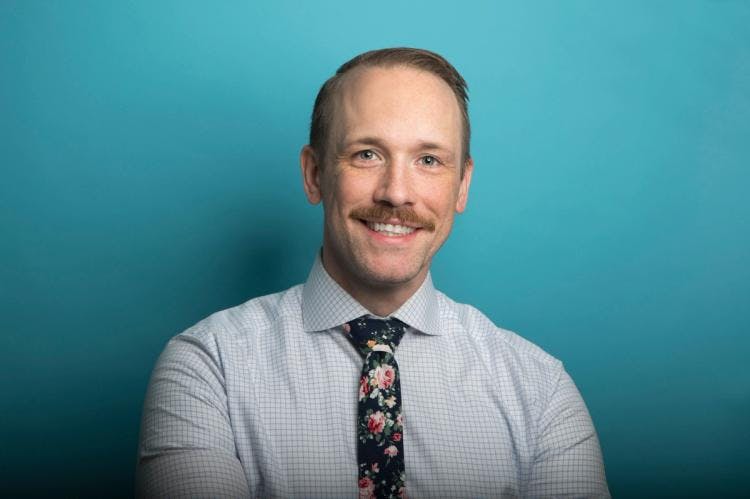
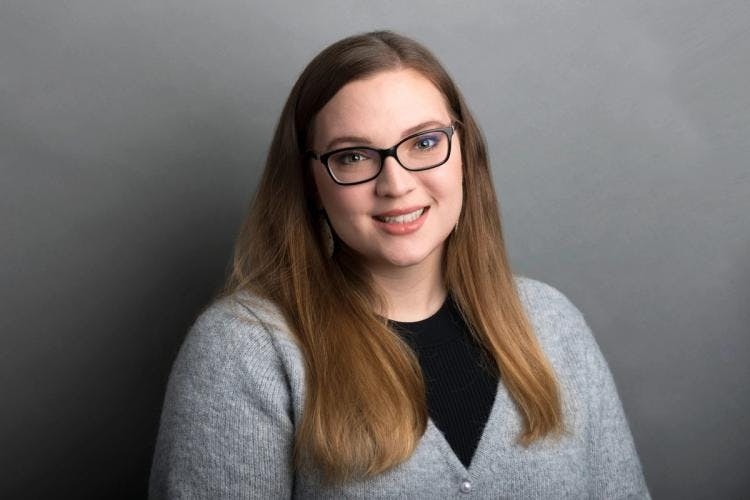
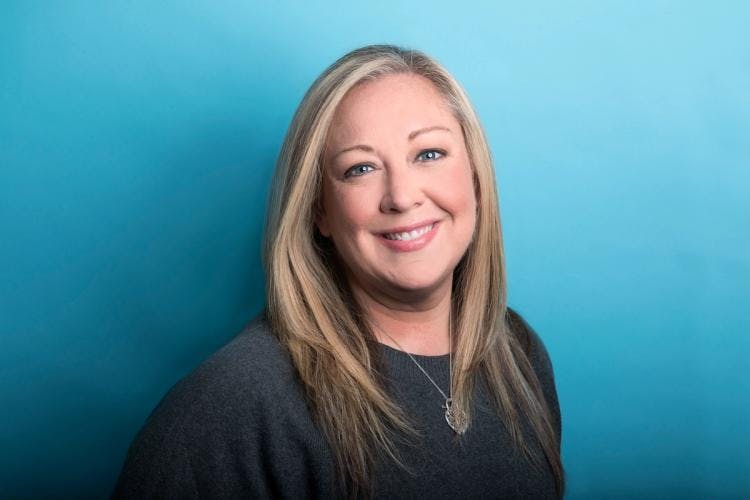
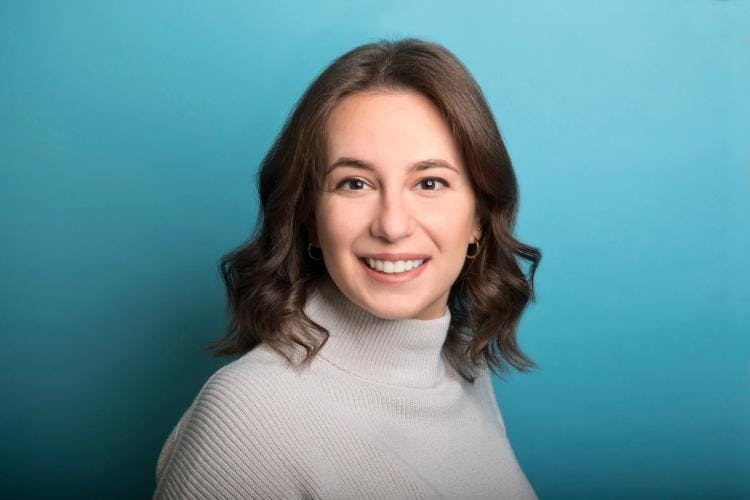


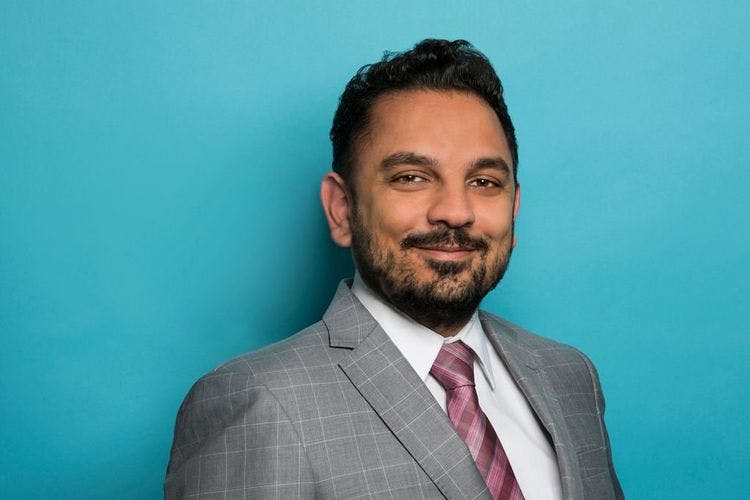
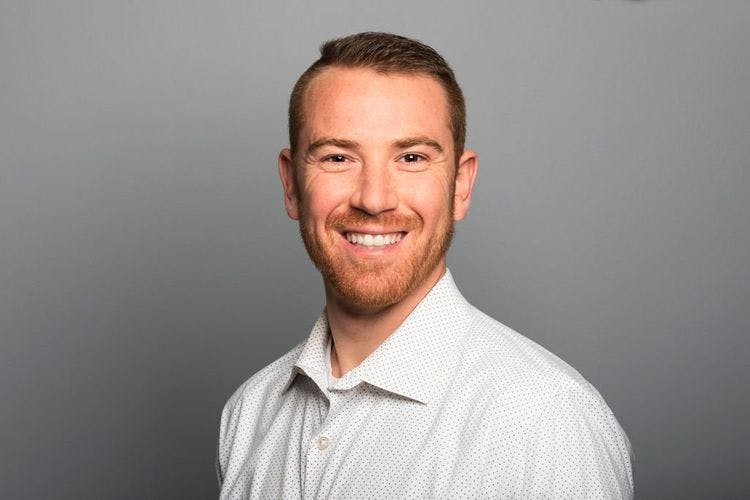
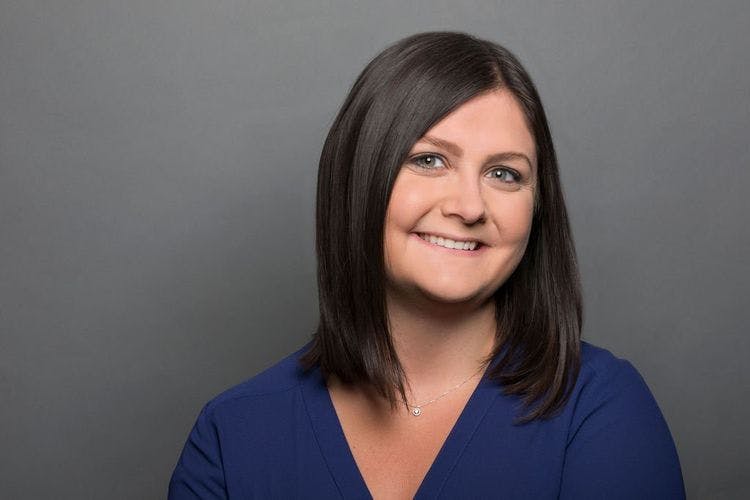
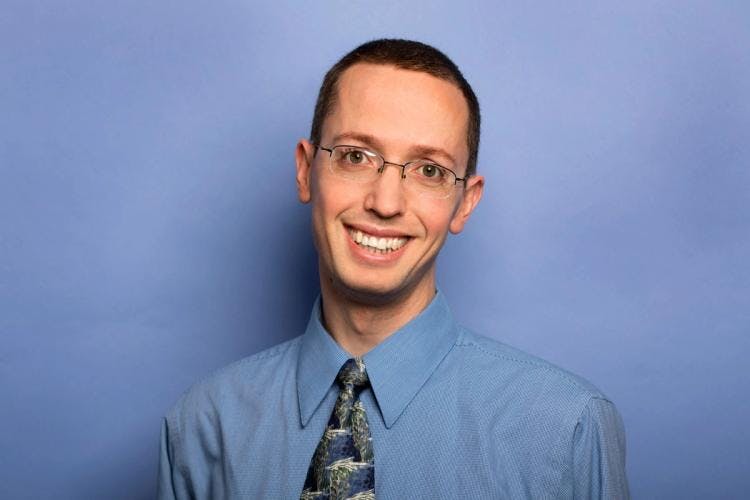




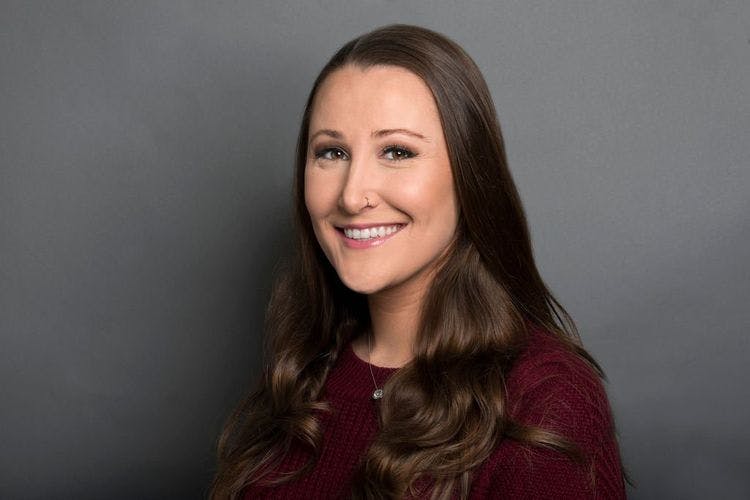
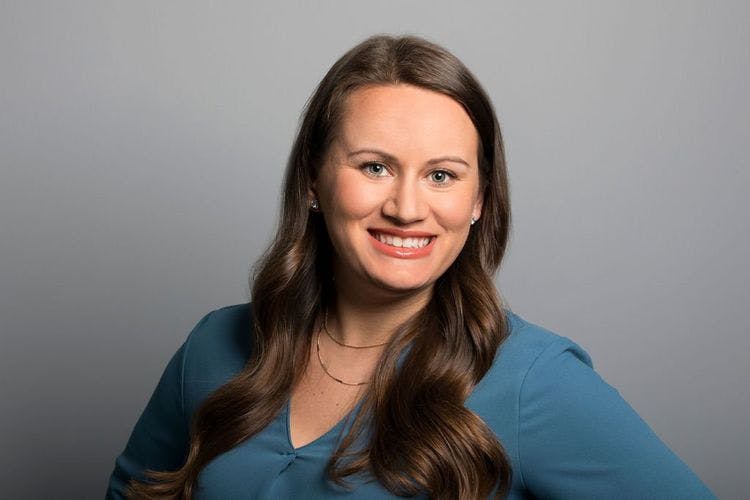

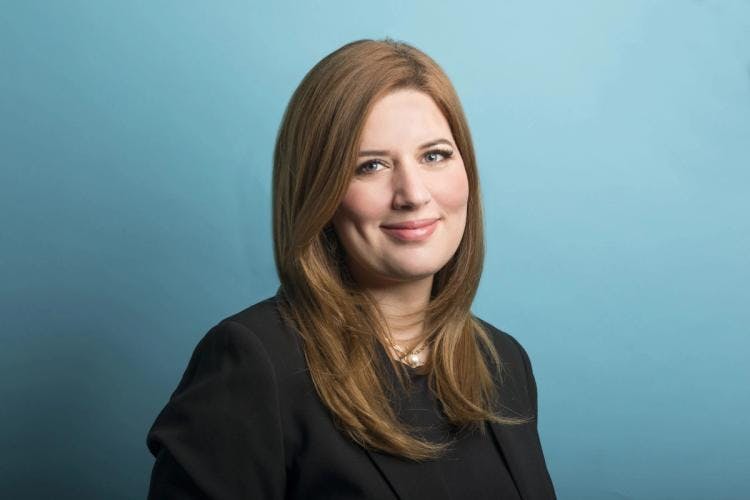
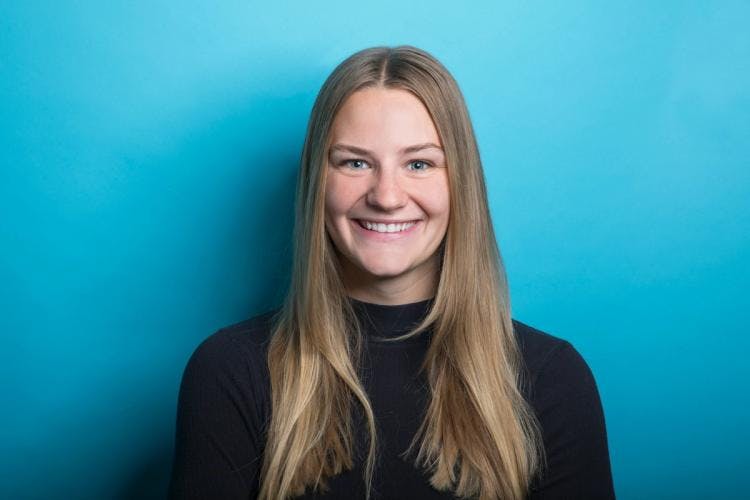
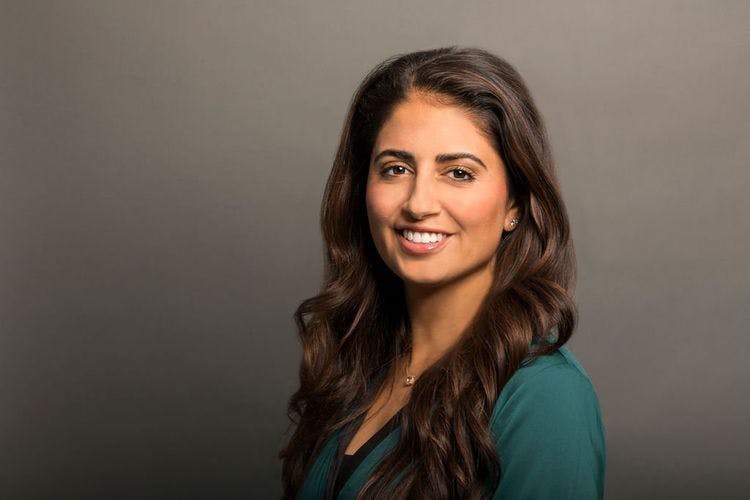
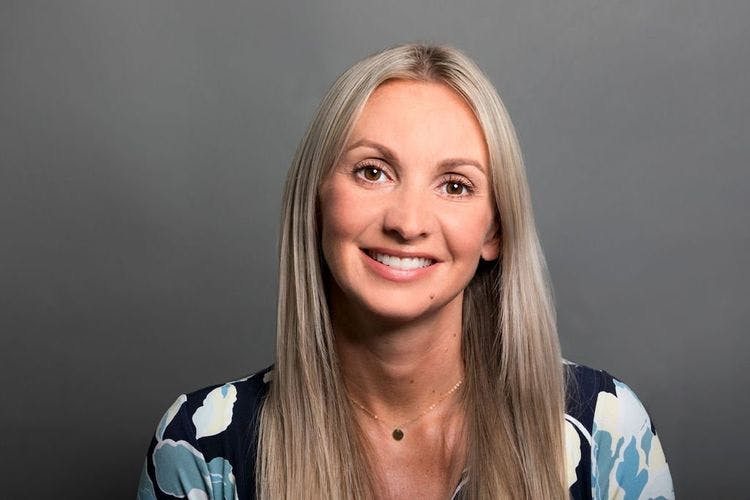
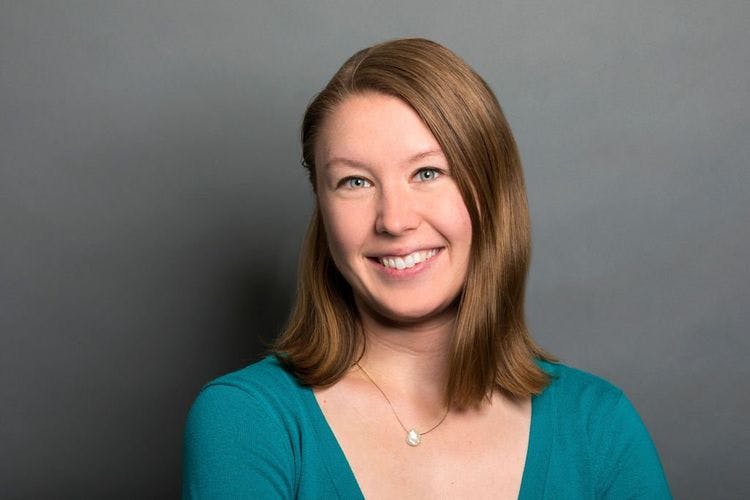
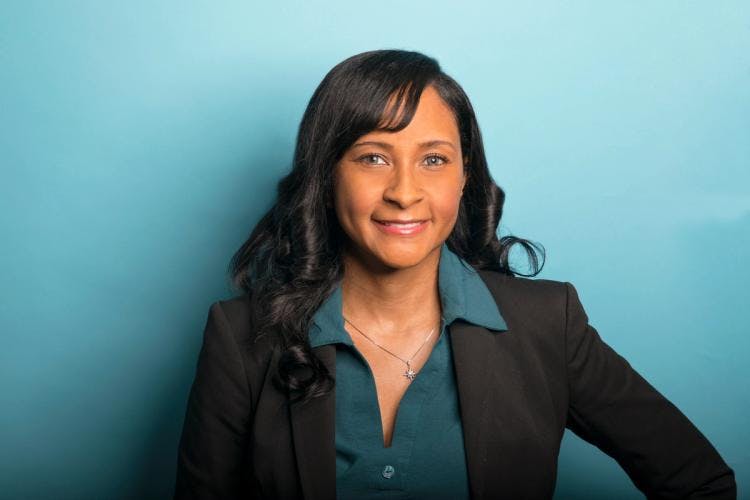
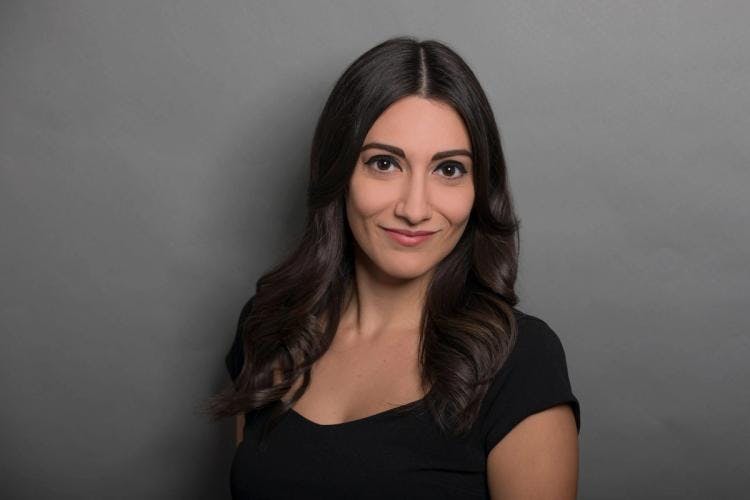
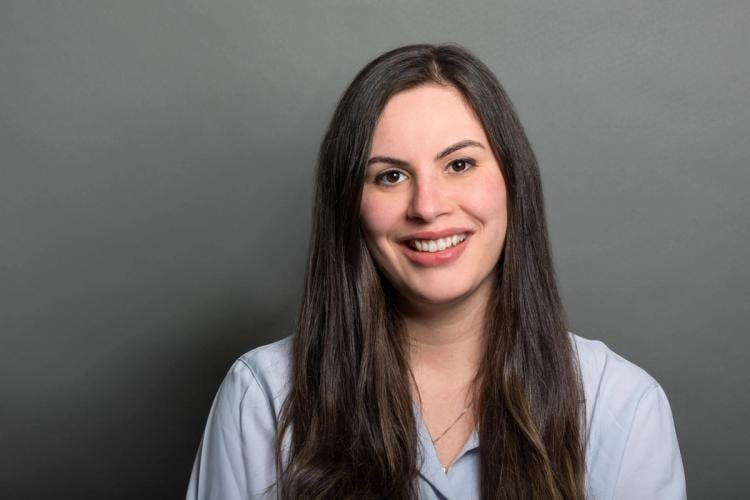
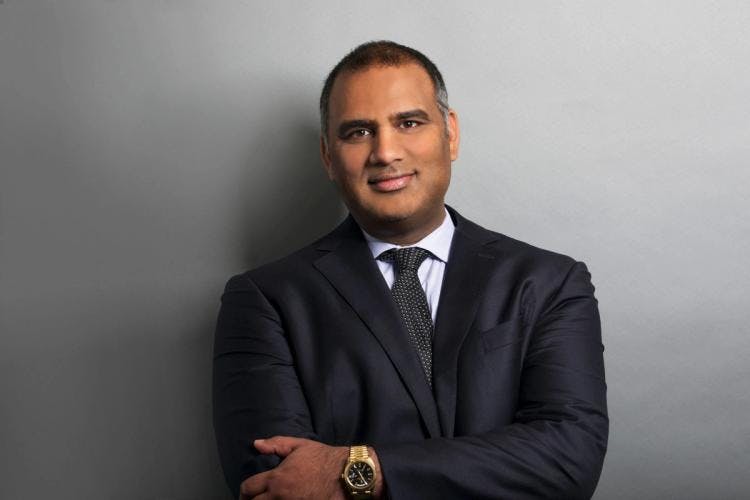

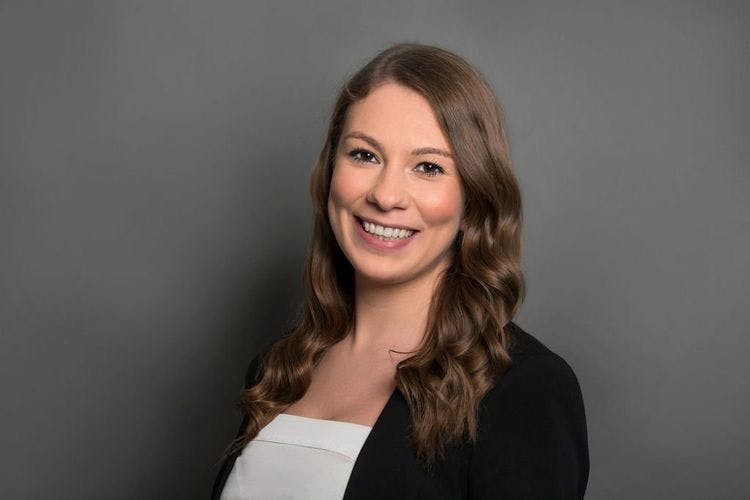




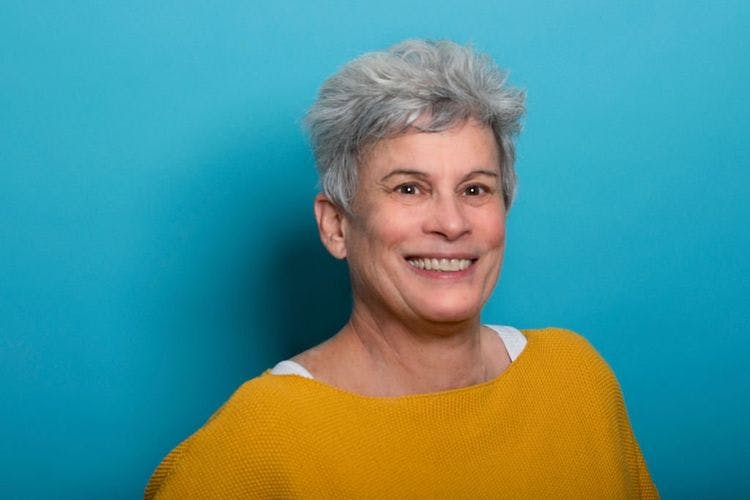

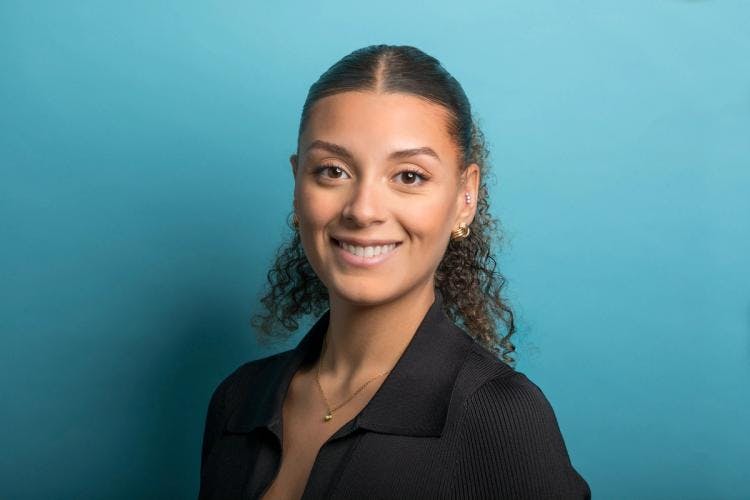
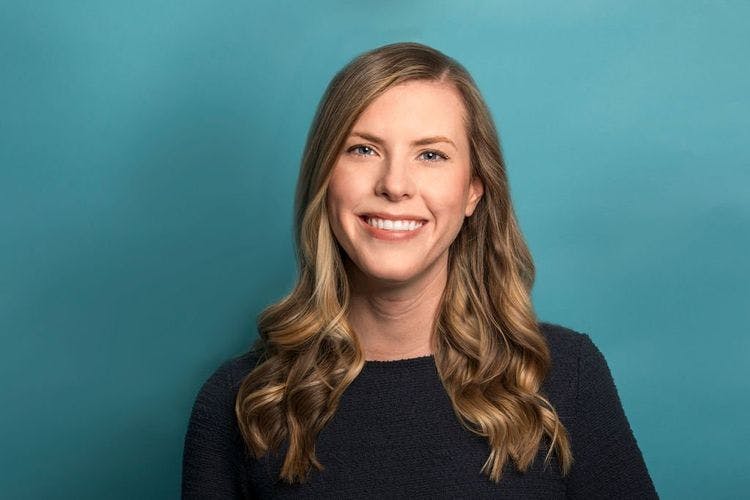
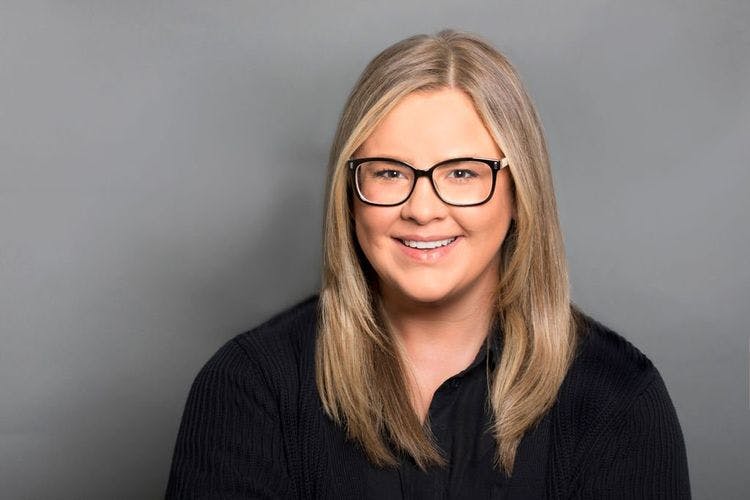
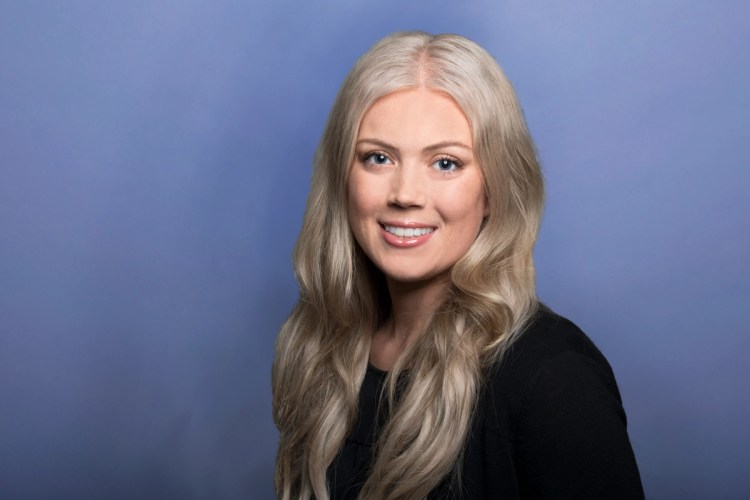
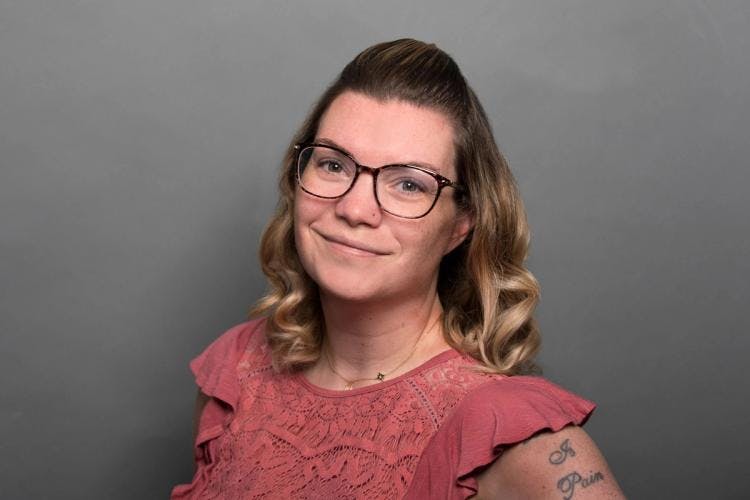

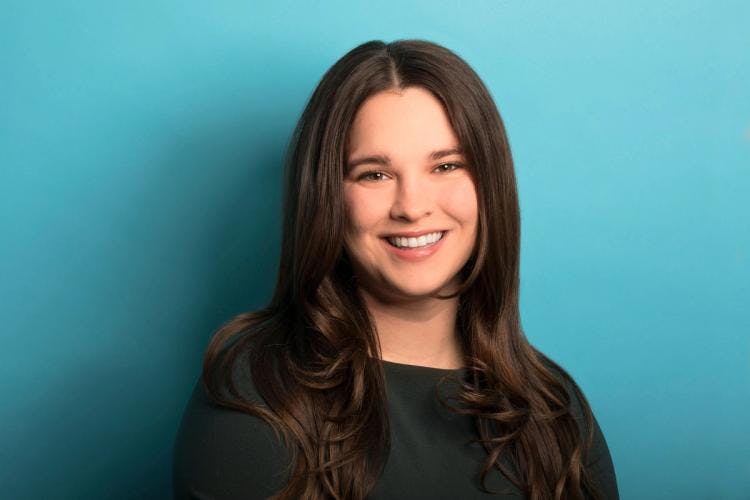



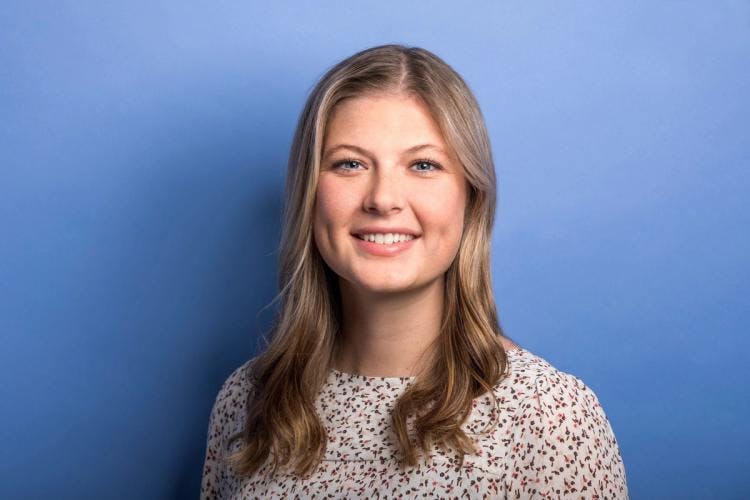
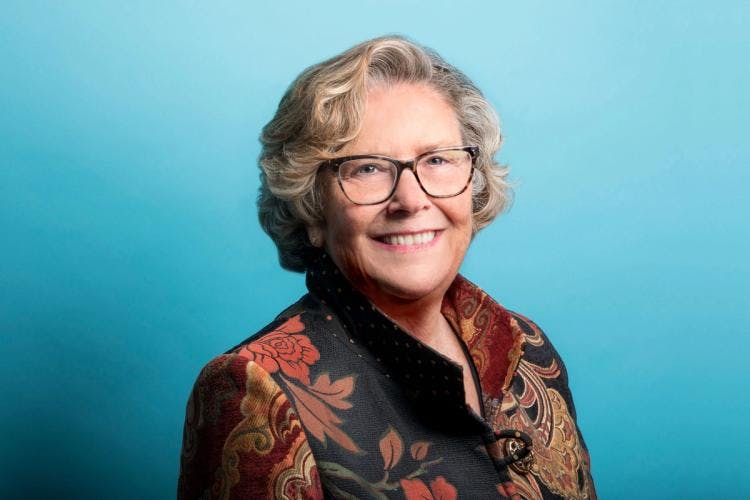
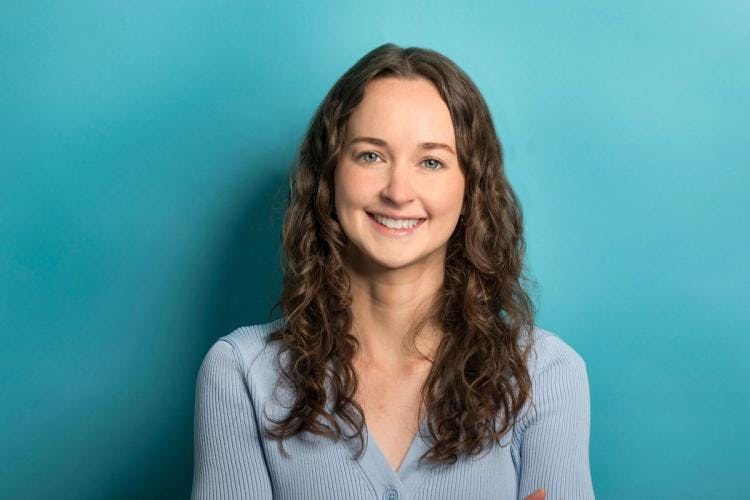


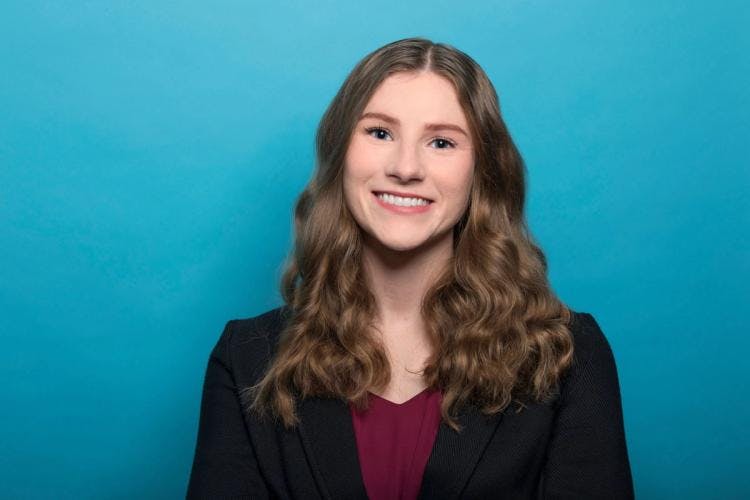
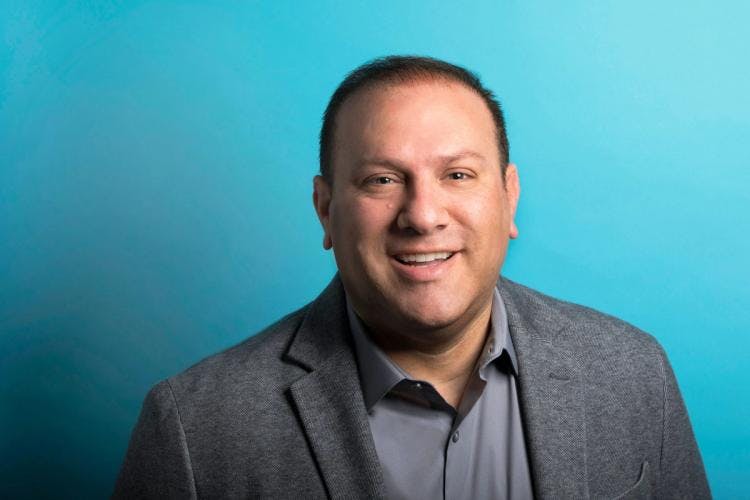



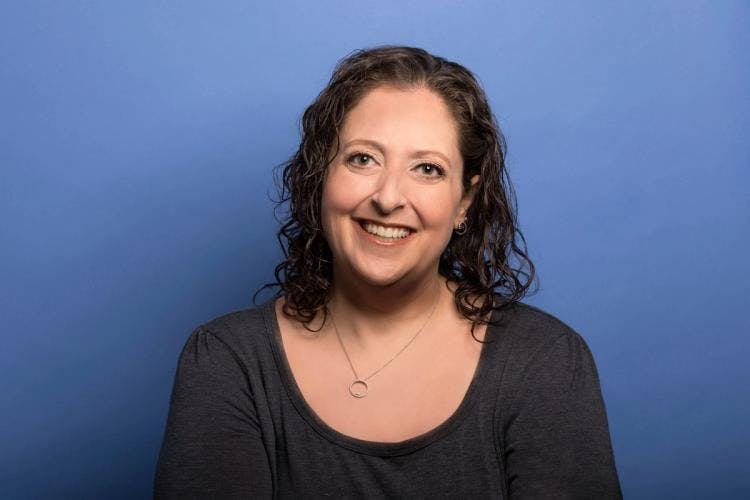
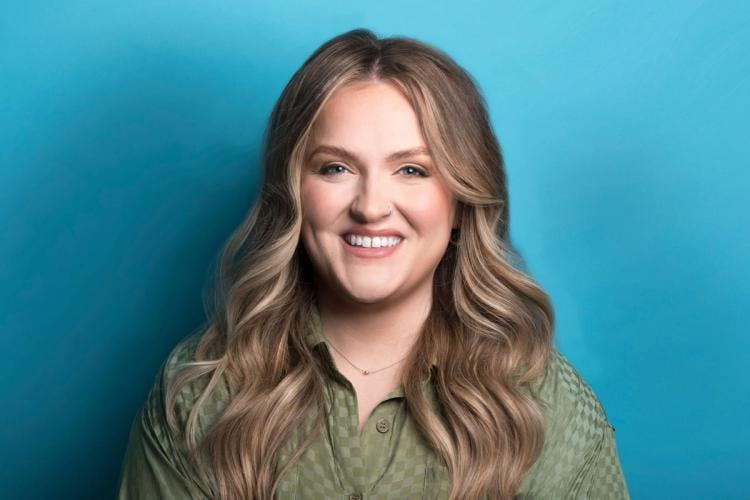
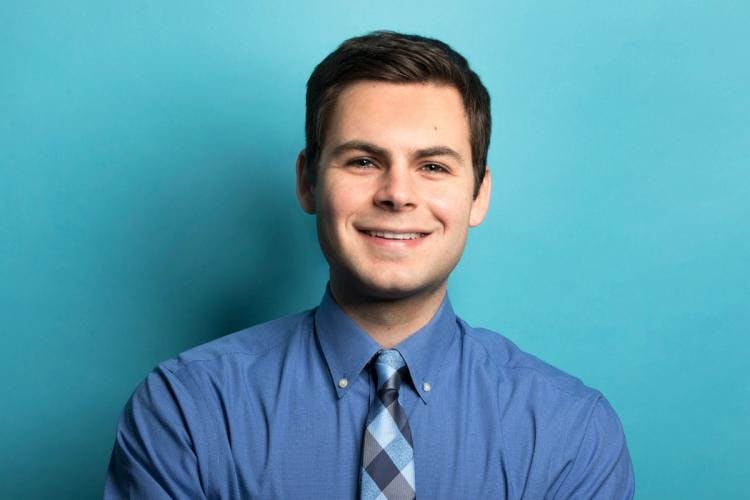


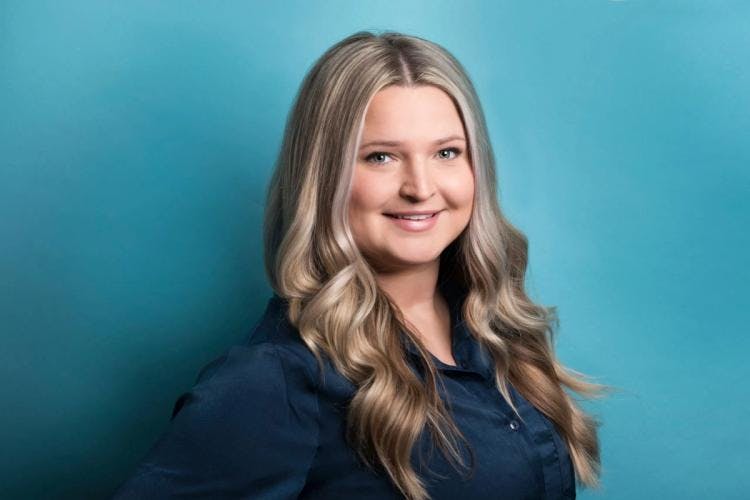
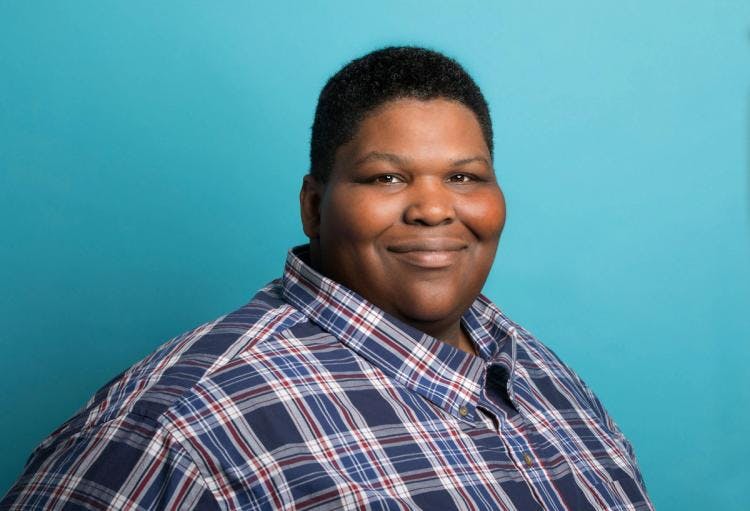
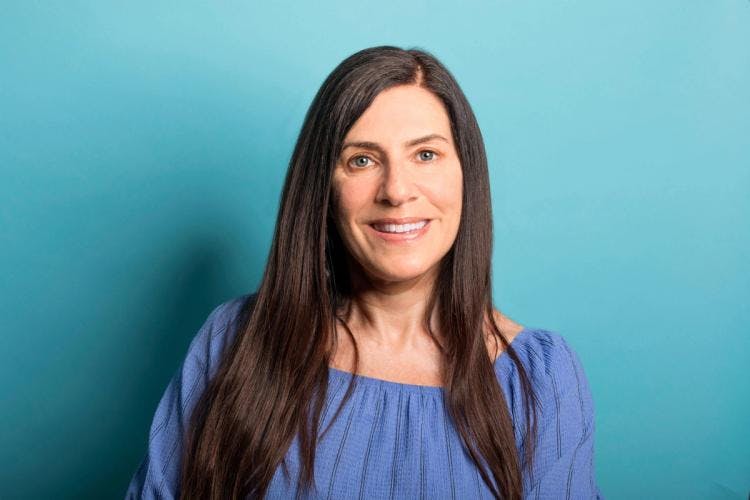


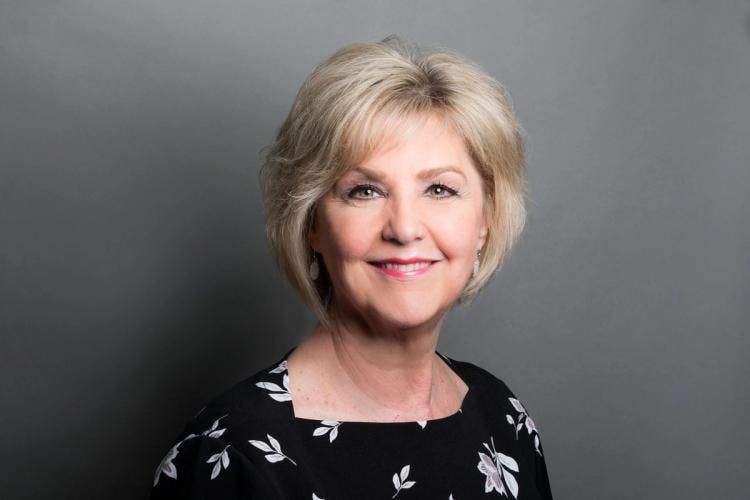
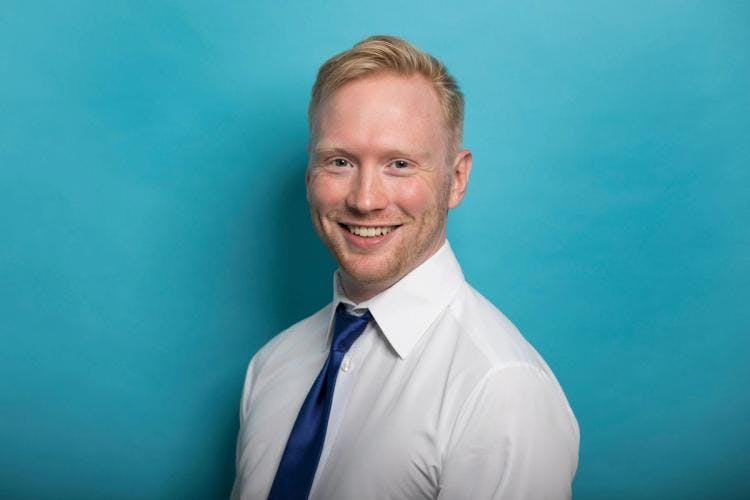
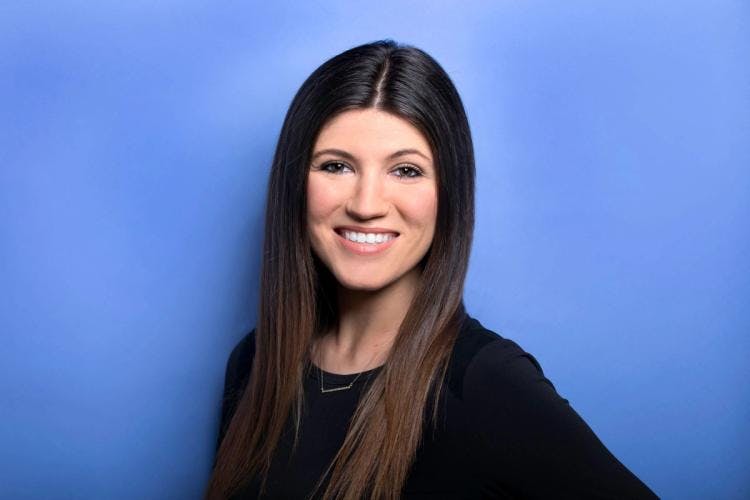
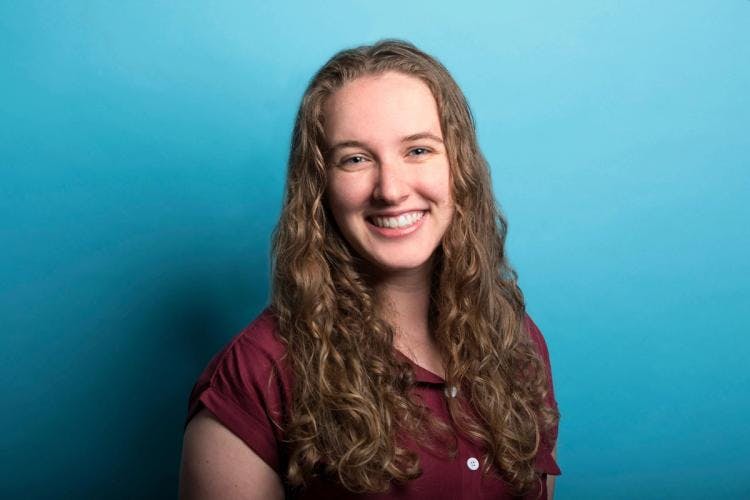
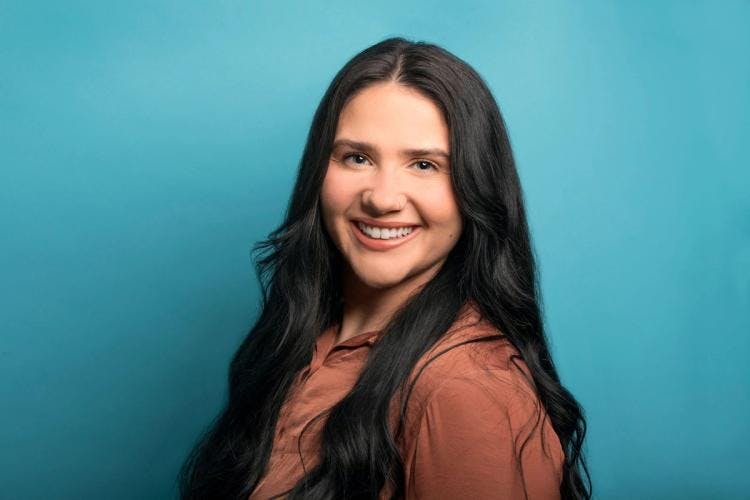

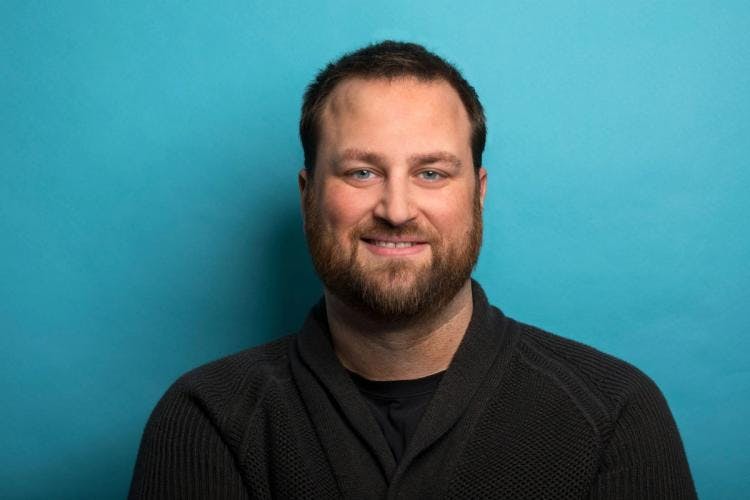

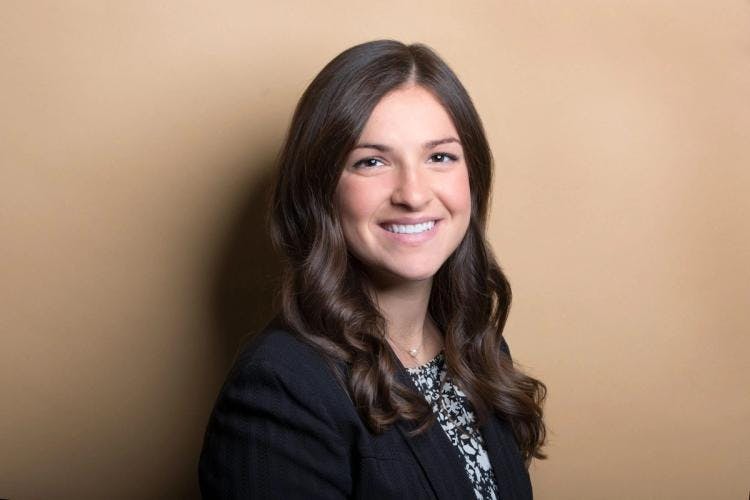
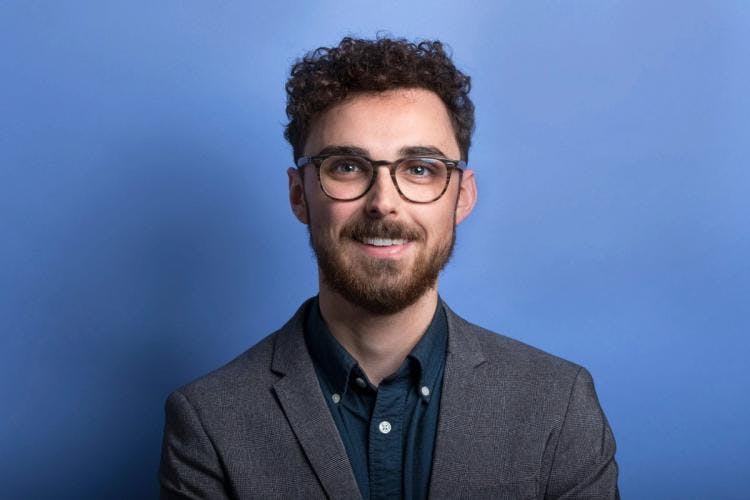
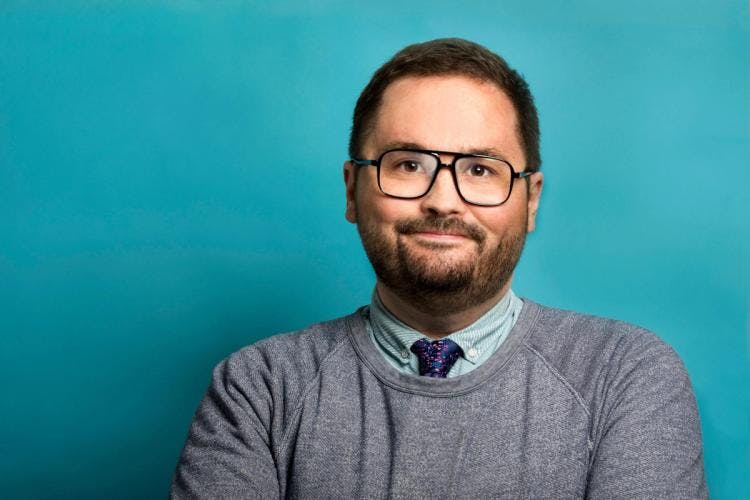
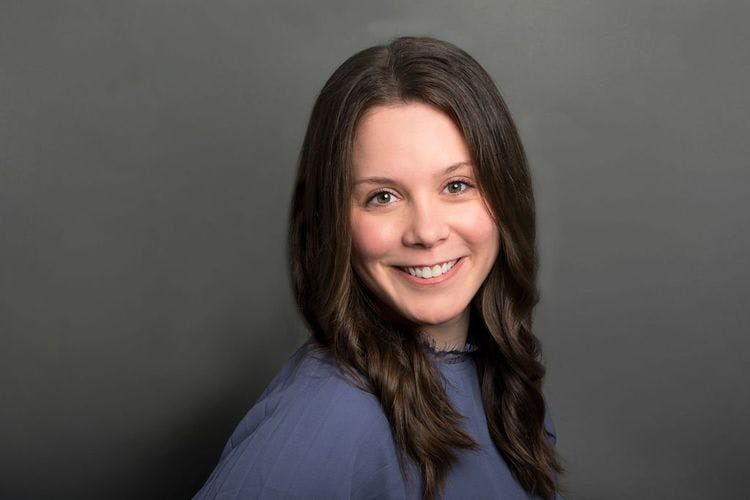
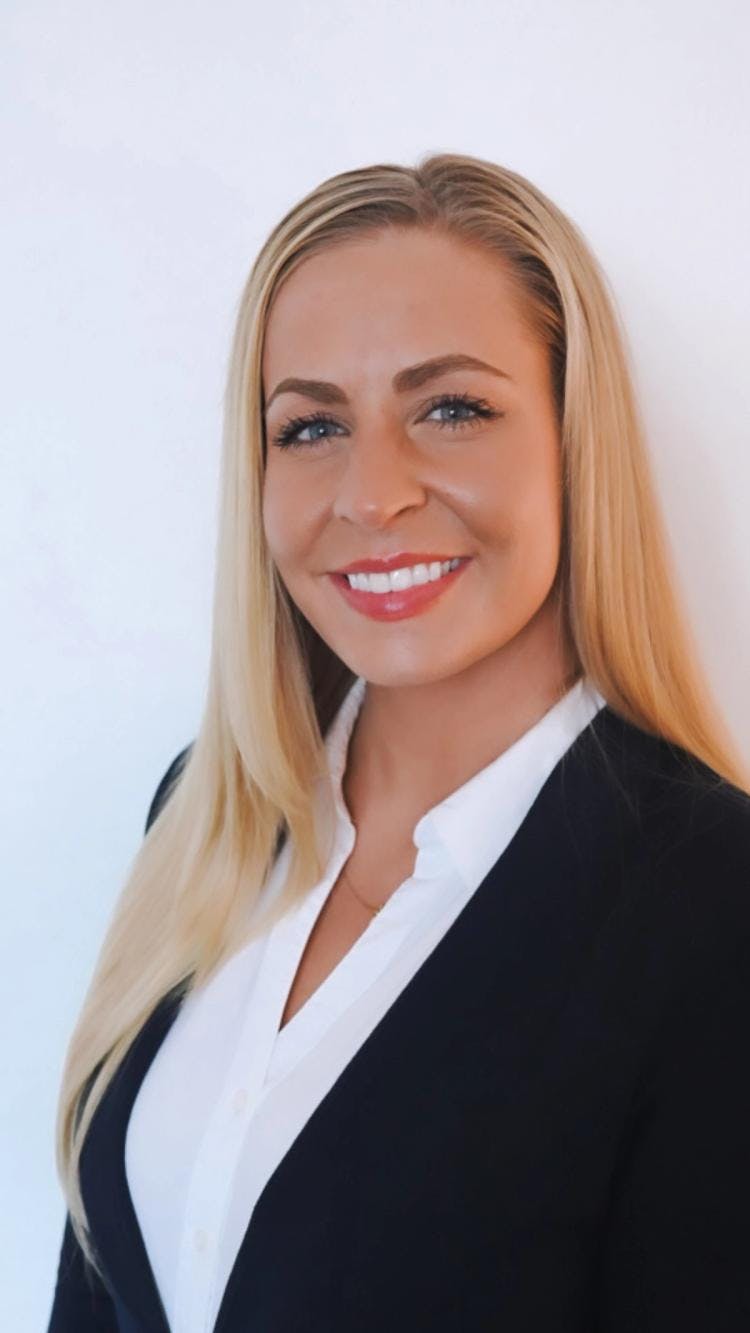
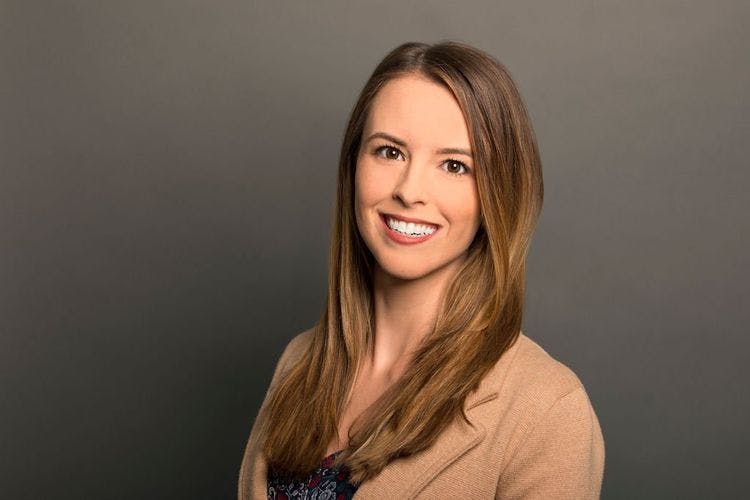
Our Services
Virtual/Online CarePHP and IOPAdult PsychiatryChild & Adolescent PsychiatryAdult TherapyChild & Adolescent TherapyCouples CounselingFamily TherapyGroup TherapyPsychological TestingTranscranial Magnetic Stimulation (TMS)